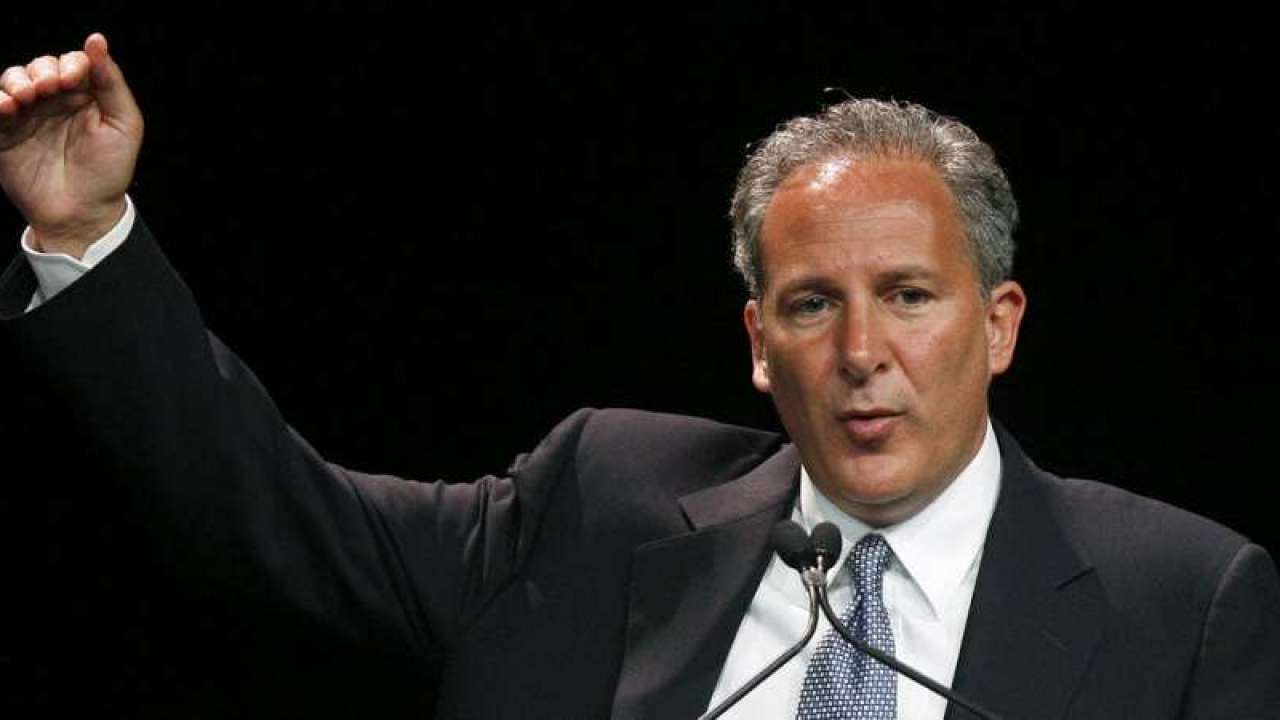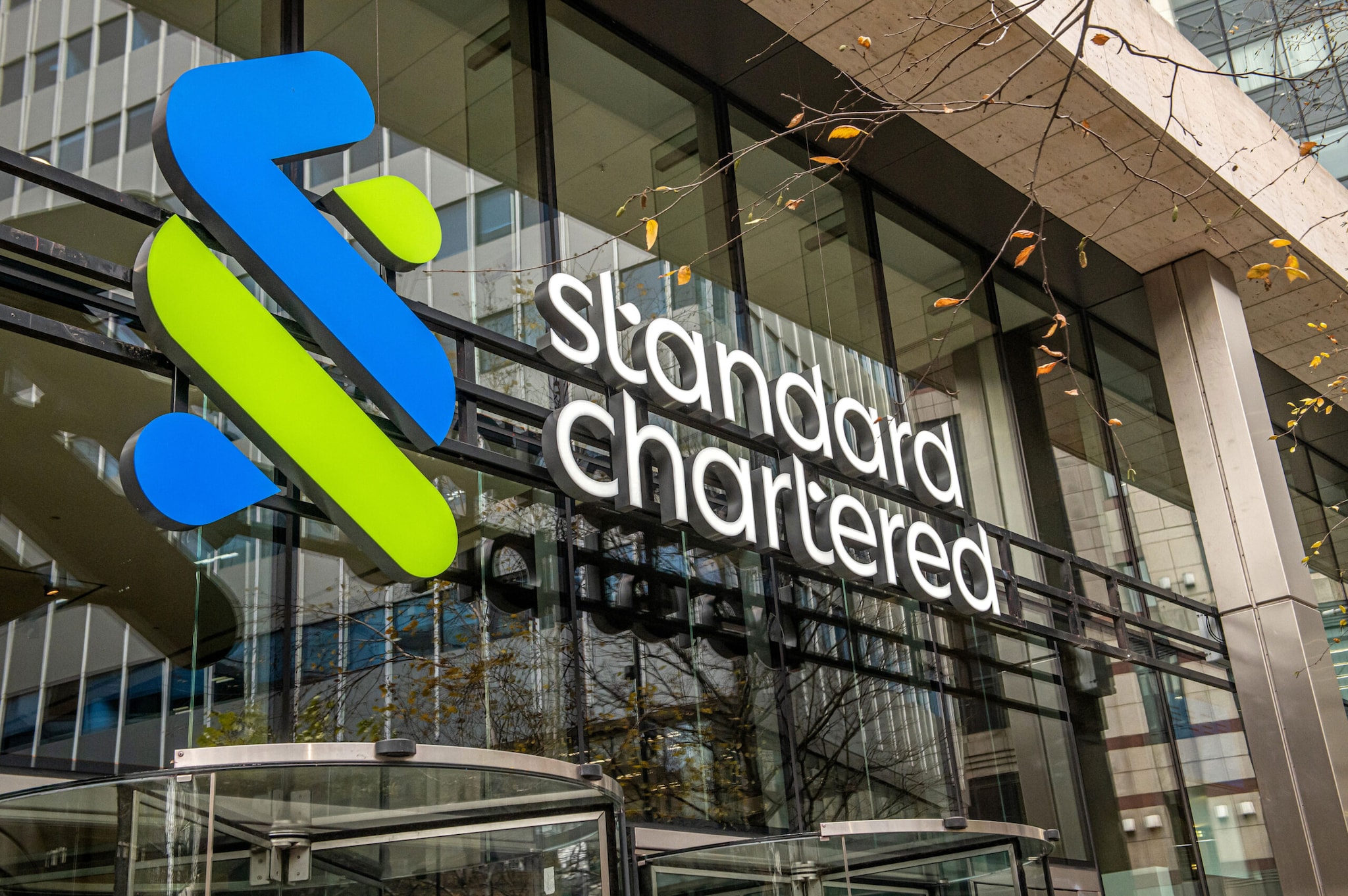Peter Schiff Warns Against Investing in Companies That Simply Hold Bitcoin
16.05.2025 18:00 1 min. read Alexander Stefanov
Economist and gold advocate Peter Schiff has renewed his criticism of the crypto market, but this time, his focus isn’t just Bitcoin—it’s the growing trend of companies whose business models revolve entirely around holding the digital asset.
Schiff questioned the logic behind buying shares in public firms that don’t build products, provide services, or generate revenue beyond their exposure to Bitcoin. “Why add another layer between yourself and the asset?” he argued, pointing out that these companies essentially serve as Bitcoin wrappers with all the risks of a traditional business—and none of the utility.
The critique comes as more corporations shift their treasury strategies to include massive Bitcoin allocations. Strategy leads the pack, with more than 568,000 BTC on its balance sheet—currently valued at over $120 billion.
Others, including Tesla, Block, Coinbase, and Japan-based Metaplanet, have followed suit. Some, like CleanSpark and Hut 8, at least tie their holdings to mining operations. But many, Schiff notes, are simply riding Bitcoin’s price wave without offering anything new.
In his view, these stocks amplify volatility. They not only mirror Bitcoin’s price swings but also carry risks like executive decisions, compliance issues, and market pressure—all of which can distort the value investors are actually seeking: Bitcoin exposure.
Schiff’s stance is clear: if you’re bullish on BTC, own it directly. Investing through companies that offer no innovation or operational output beyond holding the asset, he says, is speculation with extra steps—and extra risk.
-
1
Veteran Trader Peter Brandt Shares Simple Wealth Strategy with Bitcoin at Its Core
30.06.2025 15:00 2 min. read -
2
Bitcoin Tops Crypto Social Buzz as $110,000 Milestone Fuels Market Debate
04.07.2025 8:15 3 min. read -
3
Mysterious $8.6B Bitcoin Transfer Sparks Speculation Over Satoshi-Era Wealth
05.07.2025 15:00 3 min. read -
4
UniCredit to Launch Structured Product Tied to BlackRock’s Spot Bitcoin ETF
01.07.2025 17:53 1 min. read -
5
10,000 Dormant Bitcoin Moved After 14 Years: Volatility Ahead?
04.07.2025 20:00 2 min. read
UK to Sell Almost $7B in Seized Bitcoin as Treasury Eyes Crypto Boost
The United Kingdom’s Home Office is preparing to liquidate a massive cache of seized cryptocurrency—at least $7 billion worth of Bitcoin—according to a new report by The Telegraph.
Crypto’s Top Narratives in Focus, According to AI
A fresh breakdown from CoinMarketCap’s AI-powered narrative tracker reveals the four most influential crypto trends currently shaping the market: BTCFi & DePIN, U.S. regulatory breakthroughs, AI agent economies, and real-world asset (RWA) tokenization.
Greed Holds as Market Momentum Builds: What is the Market Sentiment
The crypto market remains firmly in “Greed” territory, with CoinMarketCap’s Fear & Greed Index clocking in at 69/100 on July 19. Despite a modest 24-hour dip from 71, the index has now held above 60 for 11 consecutive days.
Strategy’s $71B in Bitcoin Now Ranks Among Top 10 S&P 500 Treasuries
Seems like Strategy has officially broken into the top 10 S&P 500 corporate treasuries with its massive $71 billion in Bitcoin holdings—ranking 9th overall and leapfrogging major firms like Exxon, NVIDIA, and PayPal.
-
1
Veteran Trader Peter Brandt Shares Simple Wealth Strategy with Bitcoin at Its Core
30.06.2025 15:00 2 min. read -
2
Bitcoin Tops Crypto Social Buzz as $110,000 Milestone Fuels Market Debate
04.07.2025 8:15 3 min. read -
3
Mysterious $8.6B Bitcoin Transfer Sparks Speculation Over Satoshi-Era Wealth
05.07.2025 15:00 3 min. read -
4
UniCredit to Launch Structured Product Tied to BlackRock’s Spot Bitcoin ETF
01.07.2025 17:53 1 min. read -
5
10,000 Dormant Bitcoin Moved After 14 Years: Volatility Ahead?
04.07.2025 20:00 2 min. read


